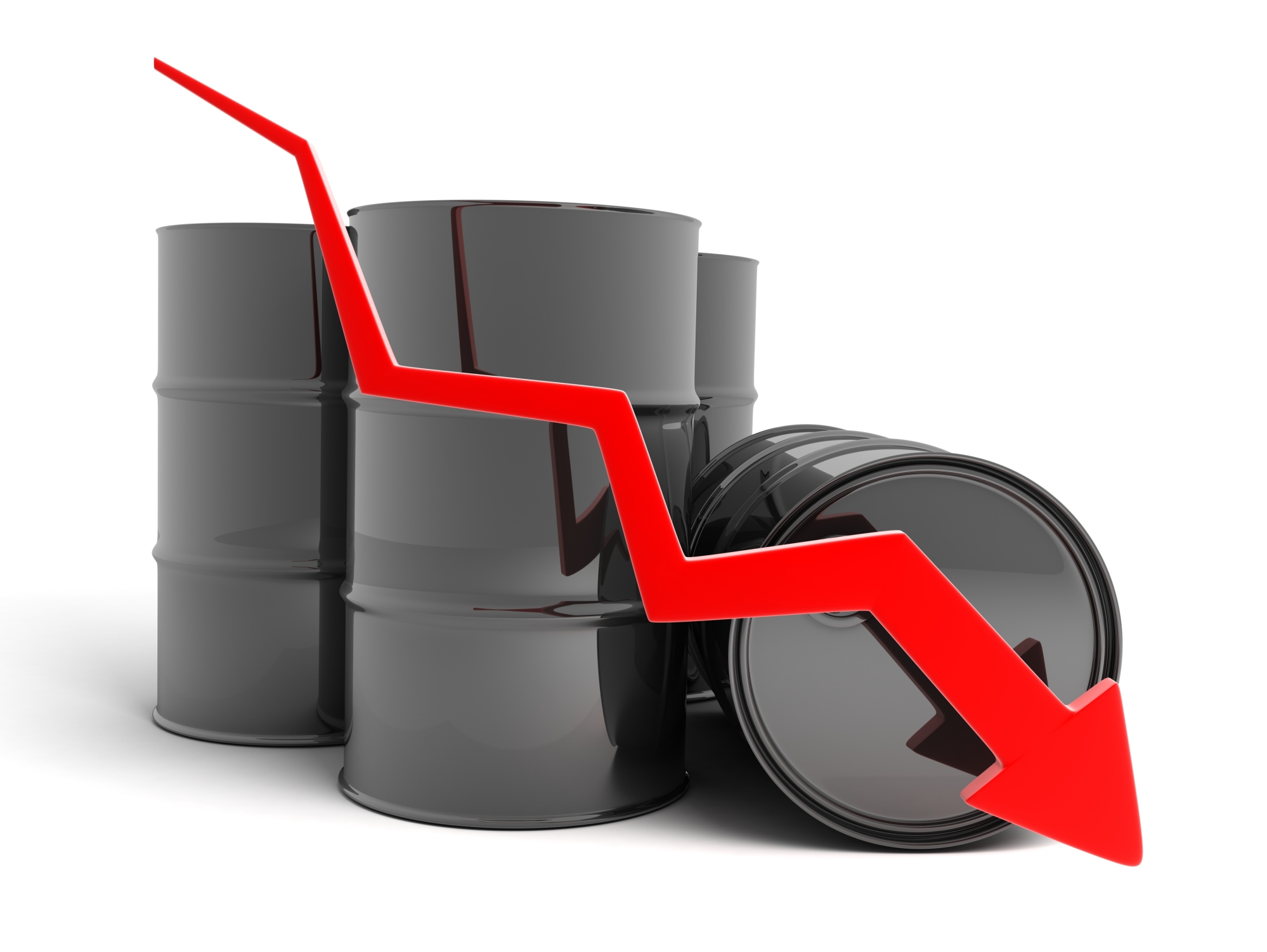Energy
How Low Crude Prices Affect Nations, States and Companies
Published:
Last Updated:

Oil producers burn through mountains of cash. Drilling and fracking a horizontal well in a U.S. shale play probably costs around a minimum of $7 million. When crude prices are high, companies can (and usually do) borrow relatively heavily against their proved reserves, always provided the company can find a willing lender.
When prices fall, a company may have trouble making interest payments, the cost of capital rises and sources of cash may dry up. The same can be said of sovereign governments, and the impacts on U.S. state governments can also be significant.
Fitch Ratings has looked at oil companies, sovereign nations and states and created a matrix that weighs leverage against the impact of low prices on revenues (or EBITDA). Entities with lower leverage and that are less susceptible to the lower revenues are likely to weather the current storm of low prices better. Conversely, high leverage and high sensitivity to low prices are warning signs. Fitch conducted the research with the aim of helping investors “assess the relative impact of an extended $50 [a barrel] WTI crude price scenario across a disparate sample … with concentrated exposure to oil.”
ALSO READ: Short Sellers Betting the Farm Against Big Oil Stocks
Among the companies included in the Fitch Ratings universe, the most highly leveraged was Energy XXI Ltd. (NASDAQ EXXI), which also is expected to feel a greater impact due to lost revenues. While Chesapeake Energy Corp. (NYSE: CHK) is likely to experience a smaller impact, the oil and gas producer is the second-most leveraged company in the Fitch universe.
The company expected to feel the least impact from lower revenues is Southwestern Energy Inc. (NYSE: SWN), with France’s Total S.A. (NYSE: TOT) a close second. Total, however, is more highly leveraged than Southwestern. The company expected to feel the most impact from the lower crude price is Anadarko Petroleum Corp. (NYSE: APC), with Hess Corp. (NYSE: HES) and Pioneer Natural Resources Co. (NYSE: PXD) close behind.
Among sovereign nations, the nations expected to suffer the greatest impact from lower revenues are Venezuela, Angola, Gabon and Republic of Congo. Venezuela and Gabon are among the most highly leveraged as well, a combination that a smart investor may easily choose to avoid.
Among the states included in the Fitch report, Alaska would be the most stressed if crude prices remain around $50 a barrel for an extended period. The state’s unrestricted general fund receives 88% of its income from taxes on the oil industry. The impact on Texas, Oklahoma and New Mexico would be less, because the states have more diverse economies. Louisiana, which Fitch estimates receives 16% of its general fund revenues from natural resource industries, has already had to cut expenditures twice and reallocate funds to maintain financial balance.
However, as we noted in our looks at North Dakota and Texas, states allocate substantial portions of the oil severance taxes to expenditures outside the general fund, and those allocations cannot help but be affected by lower oil prices.
ALSO READ: Private Equity Bottom Fishing in Oil and Gas, Sign of a Bottom?
Want retirement to come a few years earlier than you’d planned? Or are you ready to retire now, but want an extra set of eyes on your finances?
Now you can speak with up to 3 financial experts in your area for FREE. By simply clicking here you can begin to match with financial professionals who can help you build your plan to retire early. And the best part? The first conversation with them is free.
Click here to match with up to 3 financial pros who would be excited to help you make financial decisions.
Have questions about retirement or personal finance? Email us at [email protected]!
By emailing your questions to 24/7 Wall St., you agree to have them published anonymously on a673b.bigscoots-temp.com.
By submitting your story, you understand and agree that we may use your story, or versions of it, in all media and platforms, including via third parties.
Thank you for reading! Have some feedback for us?
Contact the 24/7 Wall St. editorial team.